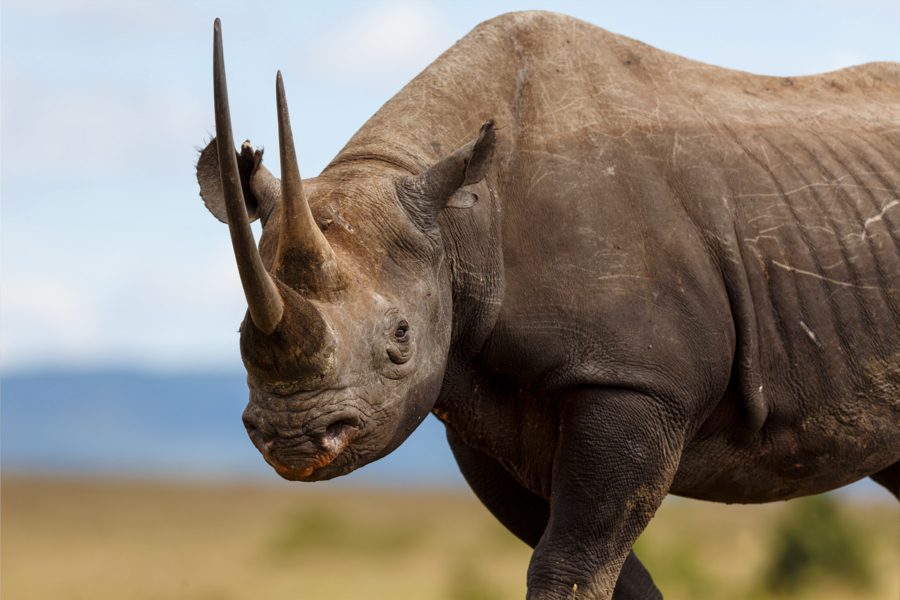Tanzania Wildlife Conservation Initiative (TWCI)

The Tanzania Wildlife Conservation Initiative (TWCI) is a flagship project of the Endangered Species Conservation Foundation (ESCF), aimed at protecting endangered species and their habitats across Tanzania. This project seeks to address the critical challenges facing wildlife in the region, including poaching, habitat loss, and human-wildlife conflict. By implementing community-based conservation strategies, TWCI strives to create a sustainable future for both wildlife and local communities.
Objectives
Enhance Habitat Protection:
Secure and restore critical habitats for endangered species through reforestation and sustainable land-use practices.
Combat Poaching:
Implement anti-poaching initiatives, including training local rangers, increasing surveillance, and working with law enforcement to ensure stricter penalties for wildlife crimes.
Promote Community Engagement:
Involve local communities in conservation efforts by providing education, resources, and incentives for sustainable practices that benefit both wildlife and livelihoods.
Conduct Research and Monitoring:
Establish a research program to monitor wildlife populations, assess ecosystem health, and identify emerging threats to conservation efforts.
Advocate for Sustainable Policies:
Work with local governments and stakeholders to develop and enforce policies that support wildlife conservation and habitat protection.
Key Activities
Community Workshops:
Organize educational workshops and training sessions for local communities to raise awareness about the importance of wildlife conservation and sustainable practices.
Habitat Restoration Projects:
Engage communities in reforestation efforts, planting native tree species to restore degraded habitats and improve ecosystem health.
Anti-Poaching Patrols:
Collaborate with local authorities to establish and train community-based patrols that monitor protected areas and report illegal activities.
Wildlife Monitoring:
Utilize technology, such as camera traps and GPS tracking, to collect data on wildlife populations and movement patterns, ensuring informed conservation strategies.
Policy Advocacy:
Facilitate dialogues between community leaders, policy makers, and conservation organizations to promote effective wildlife management policies.
Expected Outcomes
Increased Wildlife Populations: A measurable increase in the populations of endangered species in targeted areas due to effective conservation measures.
Improved Community Livelihoods:
Enhanced economic opportunities for local communities through sustainable practices and ecotourism initiatives that promote conservation.
Stronger Conservation Policies:
Implementation of policies that protect wildlife and their habitats, supported by community engagement and advocacy efforts.
Heightened Awareness and Engagement:
A greater understanding and commitment to wildlife conservation among local communities, fostering a culture of stewardship and respect for nature.
Impact
The Tanzania Wildlife Conservation Initiative under ESCF aims to create a lasting impact on both wildlife populations and local communities. By promoting sustainable practices, enhancing habitat protection, and fostering collaboration, ESCF seeks to ensure a thriving natural environment where wildlife and people coexist harmoniously. Through this initiative, we envision a future where the beauty of Tanzania's wildlife is preserved for generations to come. Participate Now!
Make A Donation. Volunteer. Spread Awareness